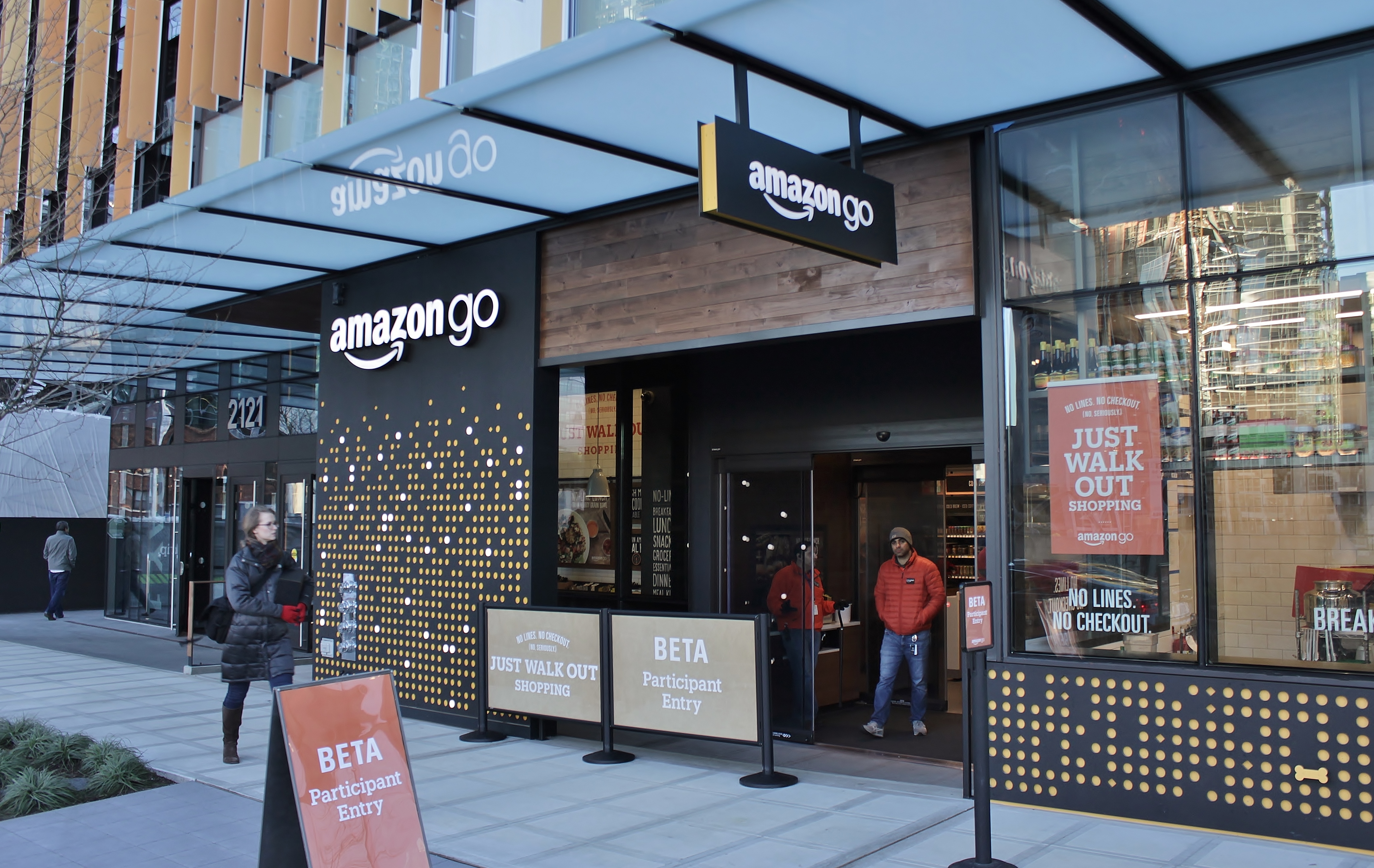By Amanda McRae
As Amazon continues to increasingly infiltrate our society, the repercussions continue to extend their reach. Most recently, New York Governor Andrew Cuomo and Amazon executives established the new Amazon Headquarters in the Long Island area of New York. The new headquarters would allegedly bring tens of thousands of jobs to the area and generate billions in revenue. As the epic battle for which cities would get the privilege came to an end, logistics to build in New York began.
However, this new development brings a lot of uncertainty to the area’s local population, and to housing and education issues in particular. Long Island has historically maintained relatively low housing prices given its proximity to New York City, although they have been sharply rising for the last 10 years.
James Timothy is a low-income parent living in Suffolk County of Long Island. We became acquainted when my own family lived outside New York, as he would commute to work with my dad every morning. He has been living in the vicinity since he was twnety-years-old, when he began to build his family. And while he certainly has longevity on his side, he has never owned a home. Timothy and his two children live in a two bedroom apartment, which he rents.
I caught up with him over Skype to speak with him about how this change will impact his community. He looked more tired than I remembered, but memory always fades lines. Timothy had been following the story of Amazon HQ closely, and was not surprised to learn of the changes coming to his neighborhood.
When I asked him how he thought the invasion would affect the area he knows so well, he said “I think that Amazon should be good for people who are already pretty good. I don’t know about me. I’ve tried to stay in this area so that I can maintain a low cost of living, and maybe be able to spend a little extra on my kids. Now I’m worried about rental prices rising even more, and the restaurants and shops around us becoming more expensive. Our place isn’t rent controlled, and it almost wouldn’t make sense for them not to raise the price. ” Local residents stand the risk of being displaced, and replaced with Software Engineers from Northeast boarding schools.
With two children, however, Timothy is also considering the opportunity cost. He spoke with understanding about the opportunities that the kids might have by being in such close proximity to these successful professionals, and how the job markets may feel more accessible and even inspire their own career goals. Before moving into his current apartment, Timothy was living in a housing project for years— the very same housing project which Amazon named as a target for career development projects. “We’ll have to see how it all plays out,” he explained, “It could be great for the kids, but it could also go in the other direction and create a socioeconomic division I didn’t think they would ever have to deal with.”
The huge tax incentive offered by the state, however, with very little oversight and almost no veto power by anyone else in government, rubs him the wrong way. The total the city offered comes to about 1.3 billion dollars in grants and tax breaks. The City Council, which is largely much more representative of the constituency, was not involved in the negotiation with Amazon.
“Giving these big companies tax incentives so huge doesn’t sit well with me. I know that money was supposed to go to schools and back to the people that paid them, not to the giant that is monopolizing our world.”
Timothy, like most of the local lower-income class of residents in Queens and Long Island, simply wait with bated breath to see how their home will change in the coming years.








Be First to Comment